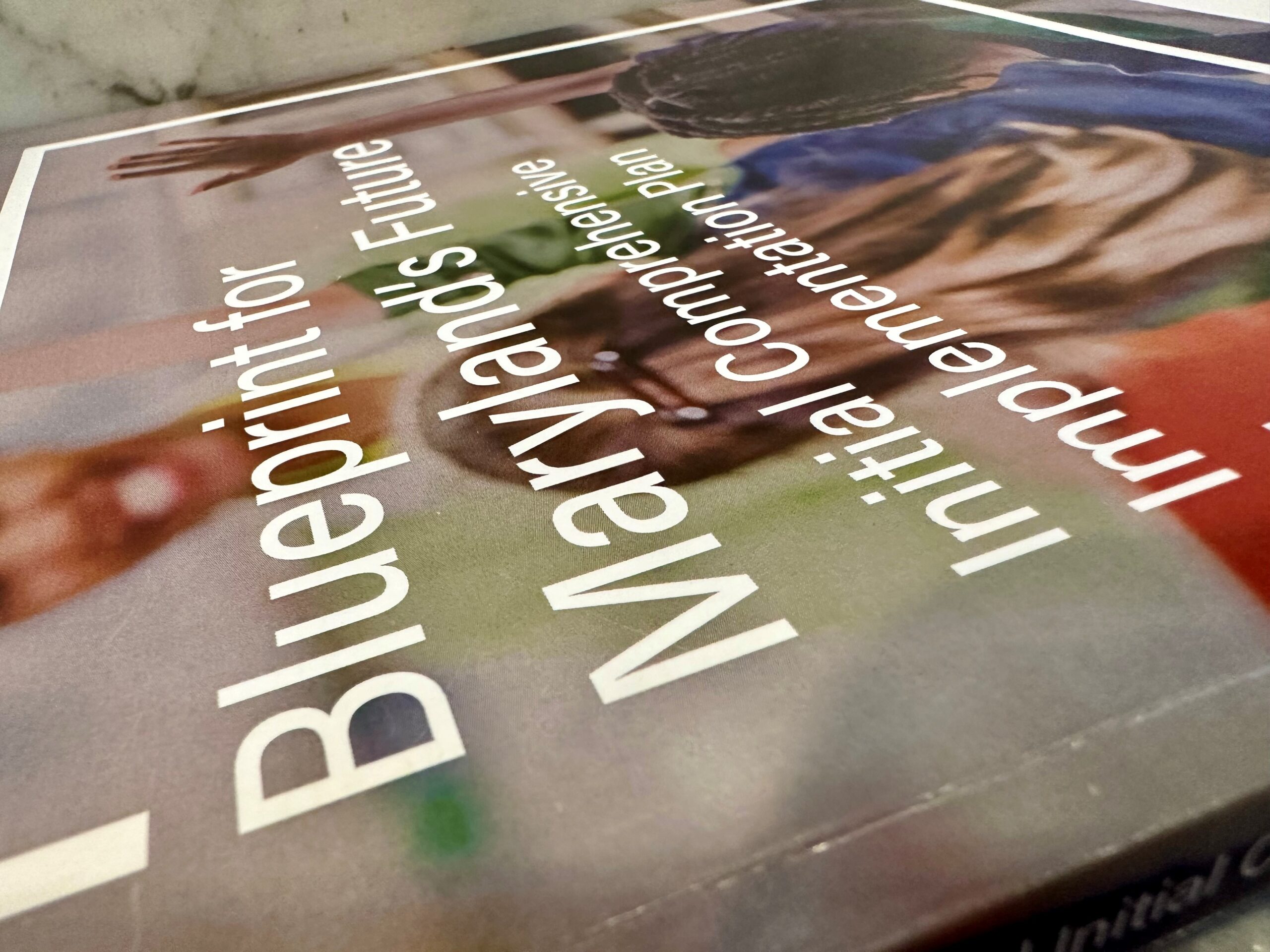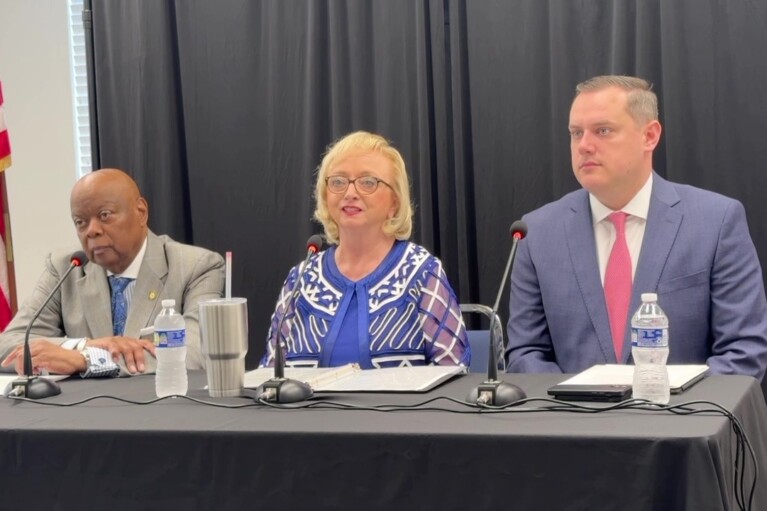Commentary: Md. legislators don’t know it, but their next union vote will shape our future

By Ivy Lyons
The writer is a graduate worker and doctoral student in journalism at the University of Maryland, College Park, a current member of the school’s United Auto Workers affiliated Graduate Labor Union and digital journalist.
Leaders in Maryland’s Democratic-held House and Senate are approaching critical votes to give faculty, staff and graduate workers at public colleges and universities the right to unionize.
But, as is a common thread in state and national political discourse, this vote’s immediate impact stretches beyond four-year university workers and the “ivory tower.” This bill is among those with a long-term, sizable, and inescapable impact on every aspect of Maryland — perhaps even extending to our collective ability to survive in our shared environment.
Take, for example, our access to food and water. While institutions like the University of Maryland, College Park, aren’t outright replenishing oceans or training the next generation of family farmhands, they are developing scientists and engineers. It will be those researchers and educators who create irrigation systems, climate-resistant crop resources and aid for areas of the world stricken by drought.
Workers spanning from graduates to part time staff at county community colleges, universities like Towson or Bowie State Univerity or any number of our publicly funded schools are among those that will create the next wave of homes and architectural necessities to withstand the erosion of coasts and potential climate disasters. Graduate workers, faculty and staff could be the next wave of sign language interpreters, translators and planners in federal, state and local offices.
More academic workers may still come together to contribute at Maryland’s hospitals. These graduate workers, lead physicians, fellows and researchers could help personally treat illness as nurses, doctors and medical specialists. As global changemakers, they could be the next wave of leaders on public health responses, vaccine trials, treating malaria and so many other illnesses we may yet know to exist.
Take it from Jan-Michael Archer, a doctoral administrative assistant at the University of Maryland.
“My public health research seeks environmental justice for Black communities suffering from toxic air pollution. But, I’m fighting toxic working environments in higher education, too,” Archer says. “Without a union, graduate workers are all but powerless when it comes to harassment and bullying from our supervisors.”
However, that future requires adequate support from universities and an understanding that schools unilaterally determine working conditions. A union, as many across graduate workers, faculty and staff populations have steadfastly argued, secures that future.
Right now, Maryland has marched along the opposite path of workers and remains unable to secure that future through unionization. But the path to ensuring that workers and community members can thrive is not out of reach. We see it across the bramble on a near-annual basis, with similar problems pointed out by Karin Alejandra Rosemblatt in a piece penned roughly a year ago:
“Collective bargaining would put our Maryland universities on par with peers in Michigan, Illinois, California, and neighboring Delaware and Pennsylvania, and bring the best educators and students to our state,” Rosemblatt says.
If the state continues marching along the road less traveled, coming short of allowing academic workers the right to collectively bargain, we may lose the ability to become a thriving Maryland.
Faculty and staff workers without the right to unionize may find themselves tempted to shift to institutions with union protections — an easy task since so many other states allow academic workers the right to unionize. We will lose their guidance, voice and contributions to our local community.
Graduate workers may be tempted, as some have said in rallies and meetings with administrators, to go to out-of-state institutions where they can collectively bargain. Amid already slowing enrollment, the universities that call Maryland home may unintentionally lessen their value to newcomers.
Perhaps most important to underline just after Black History Month ended, is the clear impact that opposition to this legislation could have on minoritized and underrepresented people.
“Better pay and working conditions for graduate workers will serve to make a graduate education more accessible to and obtainable for folks from diverse backgrounds and different walks of life. Unionizing graduate workers at UMD is an obvious and critical action to take,” doctoral research assistant Anthony Garove says.
Without union voices, we could see fewer Maryland doctors and nurses of color, higher turnover among workers navigating student life and lackluster representation of those with disabilities in critical campus communities.
No union could further this administrative cycle of de-powering minoritized workers — collective action shifts that paradigm.
“I study abolitionist rhetorics and prison riots, so I am no stranger to the level of disruption required to change systems of oppression,” doctoral researcher Carolyn Robbins says. “I love what I do, and I want to continue providing high-quality research and education to this university, but I can’t do that when my needs aren’t met and my labor is exploited. That’s why I want a union. I deserve a living wage, collective bargaining rights, grievance procedures, and protections on my time and labor — and so do you!”




 Creative Commons Attribution
Creative Commons Attribution